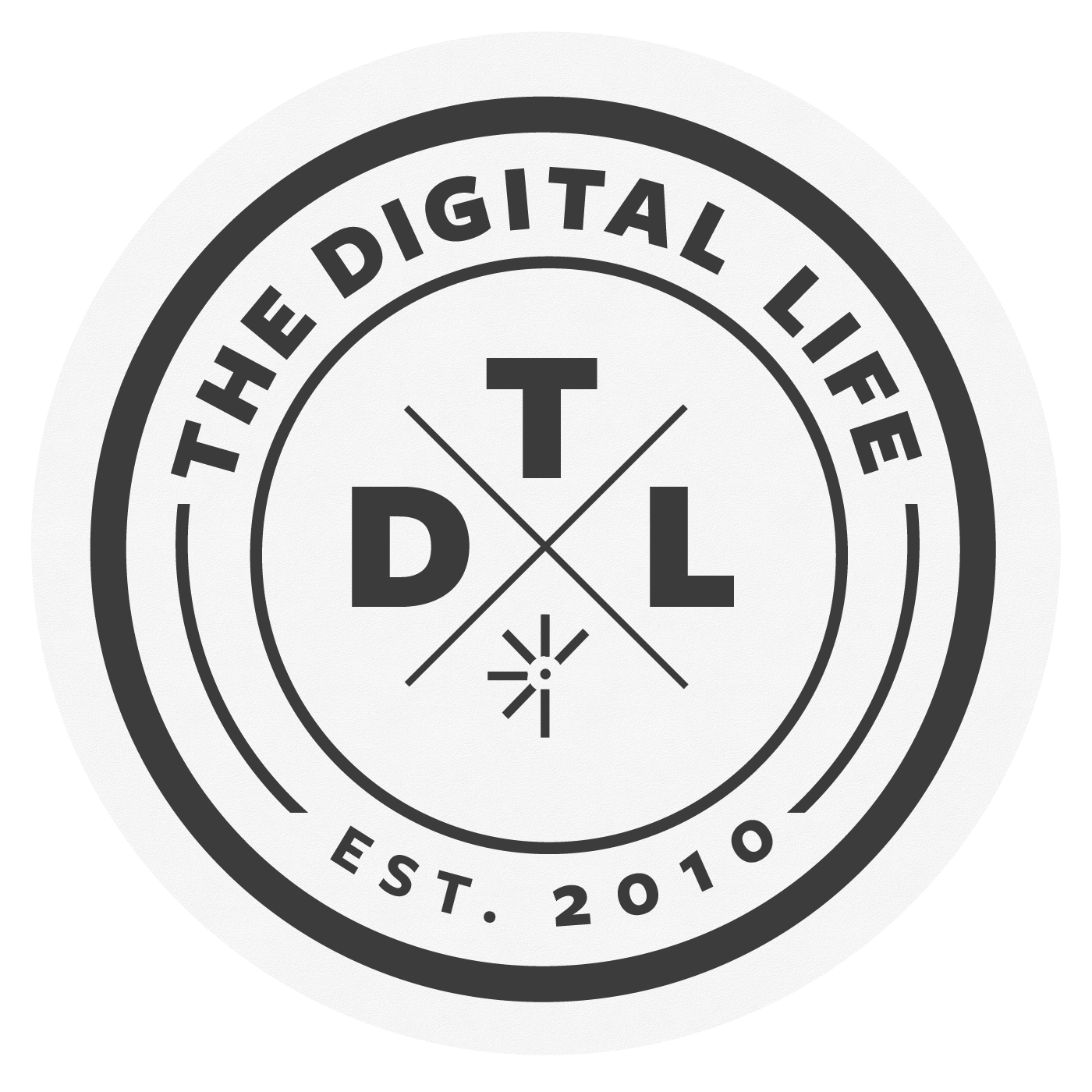Episode Summary
Today’s democratic system in the United States is largely the same as that instituted in 1789 under our first president, George Washington. This much-celebrated system is based on the original democracy from ancient Athens, established almost 2,000 years earlier.
Fast forward to 2014. Congressional approval is at a record low, hovering around 10%. Partisanship seems to permeate every crevice of our government. Examples of government waste and questionable policies far outnumber examples of government being good and effective. OK, so that perception might have something to do with the media, but the bottom line is our federal government is operating in a way that very few of us are satisfied with.
In this episode of The Digital Life, we discuss how we might find a better way. Combining common, everyday technologies with a new concept of who should represent us, Dirk Knemeyer provides a vision to redesign democracy into a system more appropriate for the realities of 2014 while moving closer to its philosophical origins.
If you're interested in conversation at the intersection of technology, UX, design, and human behavior, you've come to the right place. You can view the full show transcript as well as previous episodes on The Digital Life Web site.
Here are a few quotes from this week's discussion.
Jon on the current state of American democracy:
The context has shifted so dramatically from the initial conditions in which our democracy was seeded that now we have this opportunity to iterate and improve, and do what America does so well, which is innovate.
The Founding Fathers had these Enlightenment philosophy ideas that influenced their initial cut at democracy. As a nation, if we are the natural inheritors of our Founding Fathers, we should have it within us to overcome the inertia of the current system, which is clearly broken, and be able to build on those same philosophical underpinnings, but marry it with these wonderful technologies, many of which have their origins in this country to begin with, and create something greater for the next 250-plus years.
Dirk on using the smart phone as a voting tool:
We’re in this new context now, where the constraints, the communication and information constraints upon which the process of having a legislature, of having the democratic representation of the citizens manifest in how the laws are made and executed, those don’t exist anymore. So what I focused on is the fact that the smartphone, first of all, has all of the features necessary for someone to be directly active in the voting process.
We could be sent a bill on our phone that we could read in its entirety. We could be sent with the bill, in real time, opinions on it from analysts who represent the things that we’re interested in; so if we’re interested in civil rights, or gun control, or reducing spending, or whatever the things that we think are important, we could get recommendations from analysts in real time as to how a bill would impact those things.
Then, of course, the phone also gives us the power to vote. In the smartphone, we have all of the technology necessary to be fully informed actors in a direct democratic process. Also crucial to this is the fact that smartphones are becoming slowly ubiquitous. When I started this research in Q3 of 2013, 53% of American adults had a smartphone. In January, that number had increased to 58%, in January of 2014, and it’s a number that will keep increasing. We already have a lot of people with these devices.
